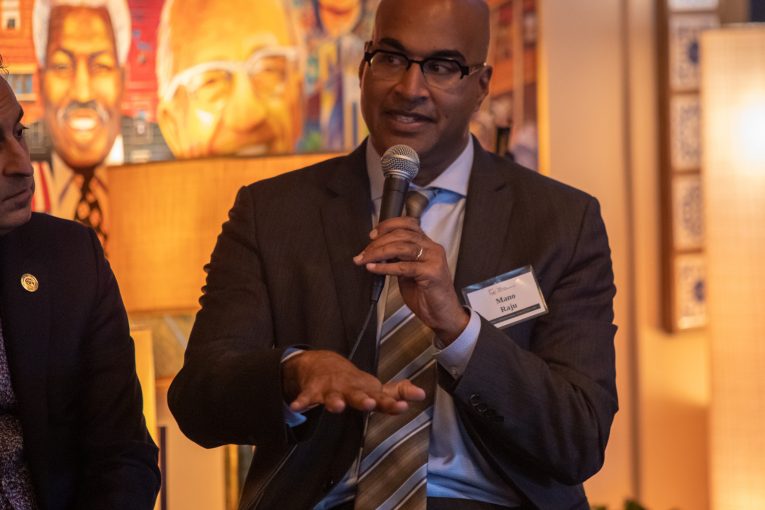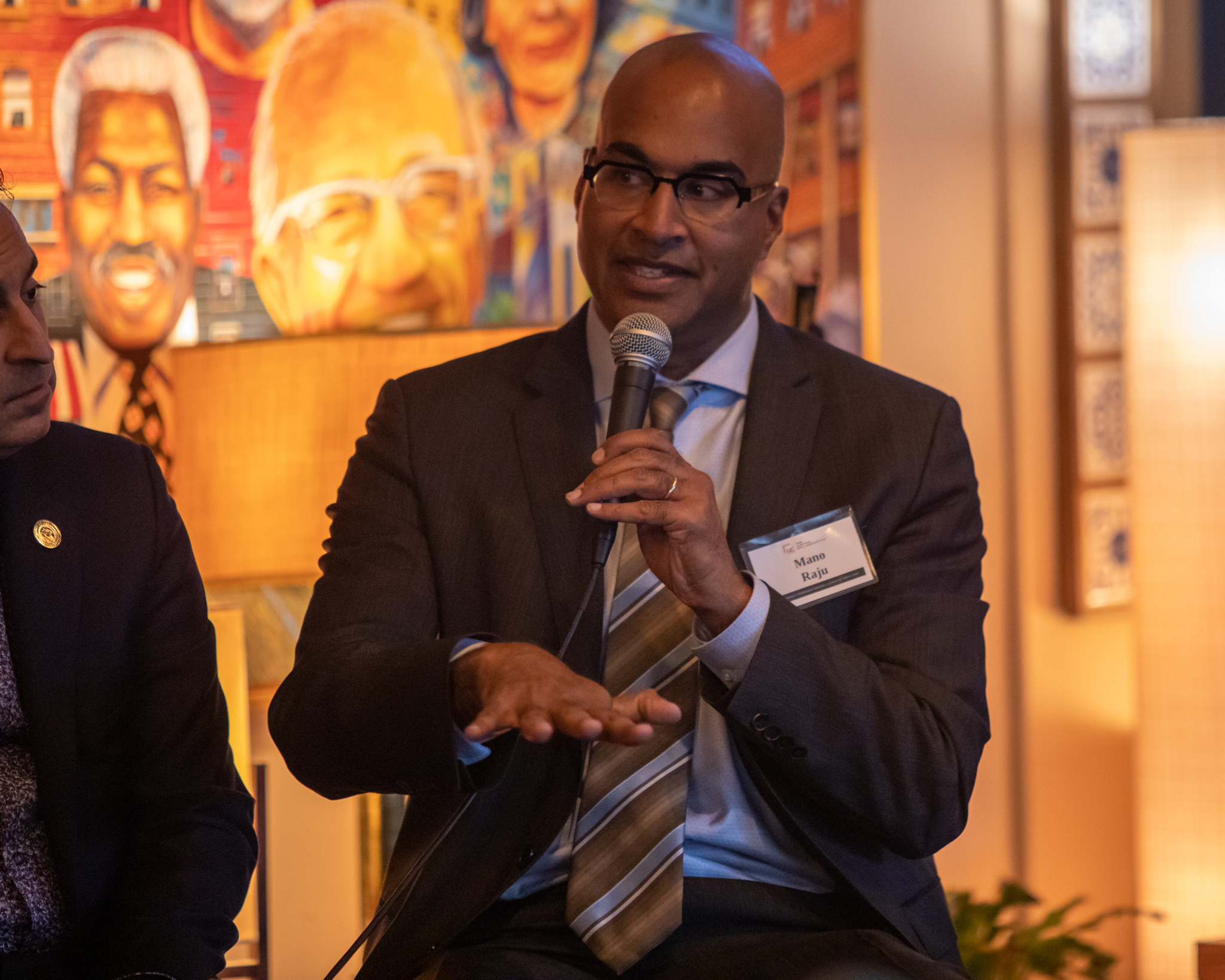

By Pavan Potti
SAN FRANCISCO – San Francisco Attorney Dennis Herrera recently took a big step in the city’s ongoing battle with drug dealing in the neighborhood of Tenderloin by filing civil injunctions against 28 alleged dealers.
But San Francisco Public Defender Manohar Raju criticized Herrera’s move.
Raju said the plan didn’t attack the root of the problem. He warned that implementing the injunctions wouldn’t ease the situation and could potentially lead to undesirable consequences.
Tenderloin’s war on drugs has seen a drastic escalation from 2018, mainly due to dealers lacing products with a powerful synthetic opioid known as Fentanyl. In 2019, 441 people died from overdose, a 70 percent increase from the previous year. So far, 2020 has seen 81 people die due to substance abuse.
According to Herrera, the civil injunctions that he filed would serve as restraining orders on 28 alleged drug dealers (24 men and 4 women) from  entering the vicinity of Tenderloin in San Francisco. Any failure to do so would result in heavy fines as well as an arrest.
entering the vicinity of Tenderloin in San Francisco. Any failure to do so would result in heavy fines as well as an arrest.
While Herrera has admitted that his untraditional tactics of tackling the city’s drug crisis would need to be complemented with the availability of strong rehabilitation and mental health programs in the city, he nonetheless remained stern on the seriousness of the issue.
“Everyone can agree that what is going on in the Tenderloin is unacceptable, and we as a city need to work collectively to address what is an unfortunately terrible threat to the families and children living there,” Herrera stated in a recent interview.
In his press conference, Raju responded to the situation claiming that although he agreed with Herrera as to the seriousness of the situation on hand, he did not find the latter’s approach to be a solution to the real problem on hand.
According to Raju, if Herrera’s injunctions were successful, it would only get rid of 28 disposable low-level sellers, all of whom can be easily replaced. The injunctions might get rid of the current Tenderloin dealers but does little to prevent the next batch of dealers from promptly resuming their business, he said.
Not only would this introduce more dealers on the streets, but could also lead to a spike in overdose deaths due to products sold from unknown sources, said Raju, adding, “The drug trade will continue to produce drugs so long as the demand continues.”
For Raju, the main problem isn’t low-level sellers, many of whom he believes to not only be substance users themselves, but also immigrant victims of human trafficking who were consequently forced and tricked into the drug trade with no other options.
Apart from further traumatizing these victims with civil injunctions and court cases, Raju also asserted that the injunctions would create complications for the city’s courts. The injunctions would serve to further clog courts that are already dealing with a seven-month accumulation of cases as a result of the COVID-19 pandemic.
Raju’s statements on the issue align with recent statements made by the District Attorney of San Francisco Chesa Boudin, who has also called for focusing on supplies as opposed to dealers.
Boudin also claimed that he planned on starting a special court for dealers who are trafficking victims.
To sign up for our new newsletter – Everyday Injustice – https://tinyurl.com/yyultcf9
Support our work – to become a sustaining at $5 – $10- $25 per month hit the link:

